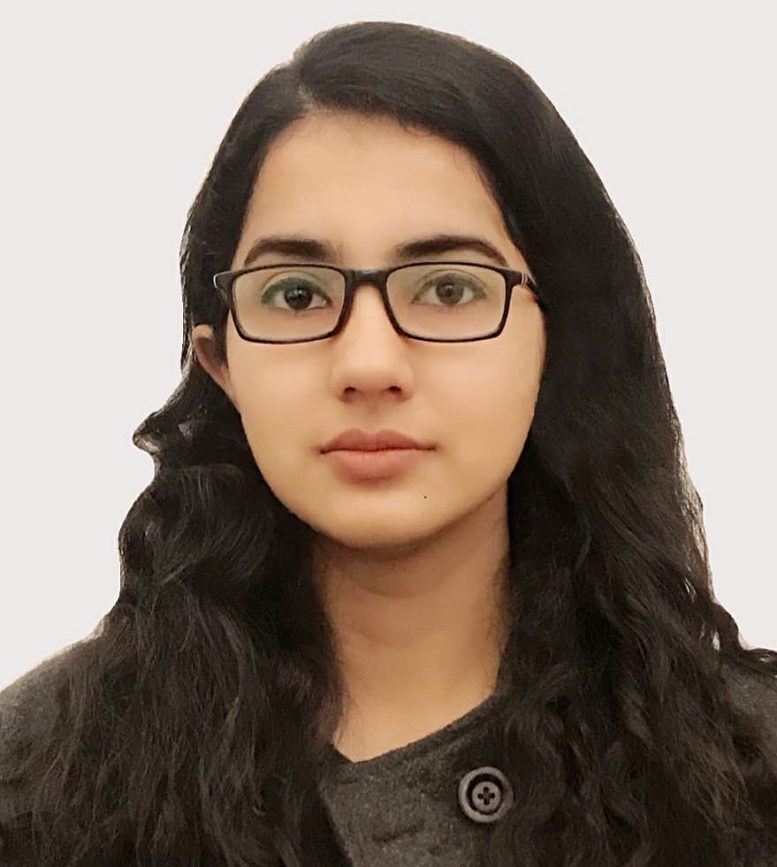Research Fellow at FSR Global, a division of the Florence School of Regulation (FSR) based in New Delhi.
Dr. Parul Bakshi is also a Guest Lecturer at the Department for East Asian Studies, Faculty of Social Science, University of Delhi. She holds a doctorate from the School of International Studies, Jawaharlal Nehru University, India. She was a Special Research Student at the Graduate School of Public Policy of The University of Tokyo as a Japan Foundation Fellow. She is the co-editor of the book “India-Japan Relations @70: Building Beyond the Bilateral” (2022). Parul has also widely published in academic journals such as the Australian Journal of International Affairs, The Pacific Review, Environment: Science and Policy for Sustainable Development, and the Indian Foreign Affairs Journal, among others.
She received JF Fellowship for the year 2021. Her thesis is titled “Japan’s Post-Fukushima Energy Transition Towards Renewable Energy: Lessons from German Energiewende”. She focused on the evolution of the energy policy of Japan especially in the aftermath of the Fukushima disaster while drawing parallels with the German energy transition model known as Energiewende.
On asking what she thinks about the scholarship, she says that the fellowship is of prime importance especially as a doctoral fellow researching on Japan as it provides the golden opportunity to conduct the ground research relevant to one’s subject area. “The experience of living and studying/researching in Japan is unparalleled and opens numerous opportunities for the fellow to grow and understand the country of their specialization (Japan) holistically and in greater depth. Such an understanding then feeds into the enhanced quality of research output of the fellow as well as creating a long-term relation with the country.“
She further adds on about the impact of the fellowship on her research. She says that it gave her the critical opportunity to carry out qualitative research for her doctoral thesis. She was able to meet and interview leading Japanese energy experts, substantially enhancing the quality of her research and bringing in various new perspectives from people who were working in the Japanese power sector. Moreover, this also made her able to make use of other related opportunities available at The University of Tokyo, such as interning with Kansai Electric Power Cooperation (KEPCO). The exposure she gained through the fellowship and her stay in Japan helped her better understand the cultural nuances and perspectives of Japanese people which reflected in its public policy and energy policy. She believes that these aspects culminated in improving the quality of her doctoral thesis tremendously.
Her current position at the Florence School of Regulation, brings together her learnings of the energy sector and research, both of which were deeply impacted because of her fellowship. Thus, the understanding which she developed and the skills she gained as a result of her experience in Japan is helping her grow professionally. Moreover, as a Lecturer of Japanese Studies at the University of Delhi, she says that she “gets the opportunity to teach and interact with the next generation of Japanese Studies scholars” and “I attempt to utilize my experiences of Japan to the classroom by relating them to the subject matter that I teach.“
Talking about her memories from the fellowship period, she says that the highlight of it is linked to the people she met in Japan. She believes she was “fortunate enough to have developed deep friendships with people from across the globe as well as receive mentorship from my Research Advisor and other professors at Todai. I have fond memories of my time spent on Hongo campus, travelling around Japan and even my day-to-day experience of living in Tokyo; I continue to cherish these memories.“
For future fellows or scholars who are keen about the fellowship, she suggests from the research perspective. She says that it is important to have clarity before one leaves for Japan, as to what realistic research goals they expect to achieve during their stay in Japan. It would “enable you to make the most of your time in Japan while also allowing you to enjoy the exquisite cultural experiences that Japan has to offer. There truly is no place like Japan!“
 Twitter
Twitter


 '
'